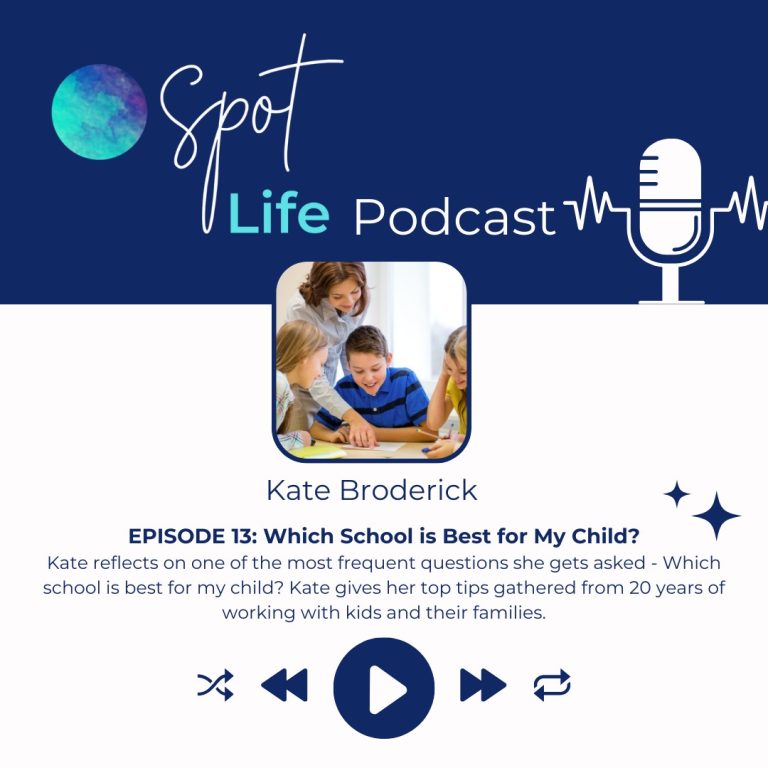Therapy Groups > Now Enrolling!
Help your child connect, communicate, and grow in a small, supportive group led by our experienced speech and occupational therapists.
Social connection & communication
Emotional regulation & play
Confidence in everyday communication
✨ Neurodiversity-affirming & trauma-informed care
✨ Individualised goals within a safe, inclusive environment
Spots are limited and fill quickly each term.
